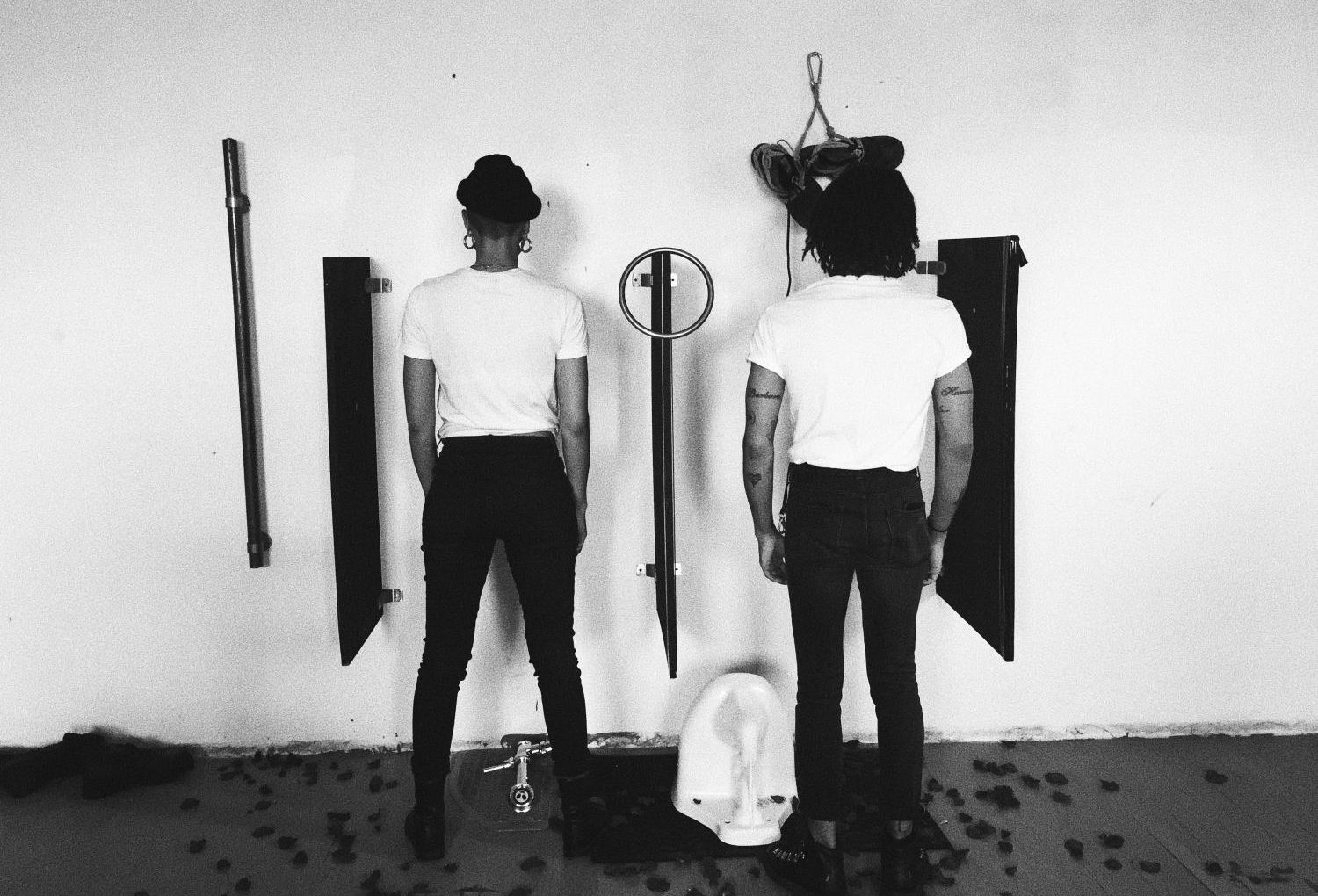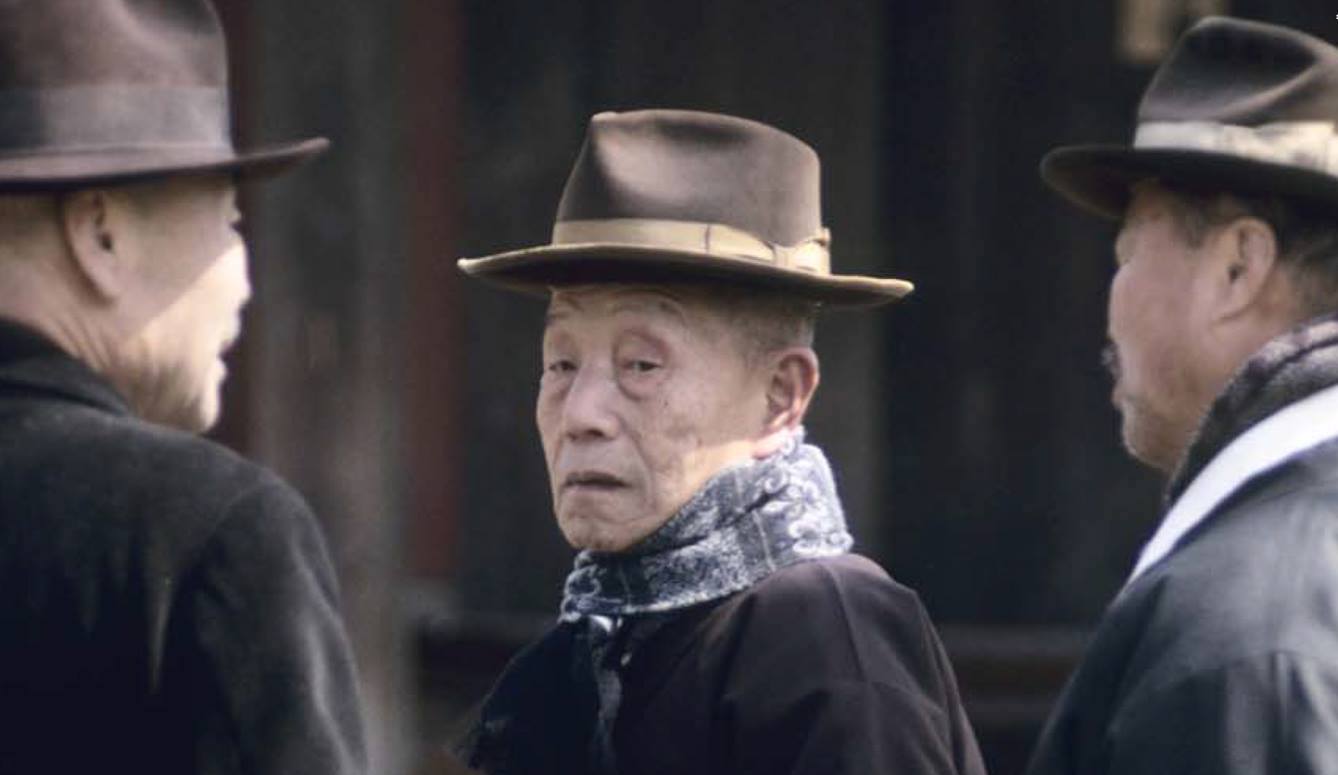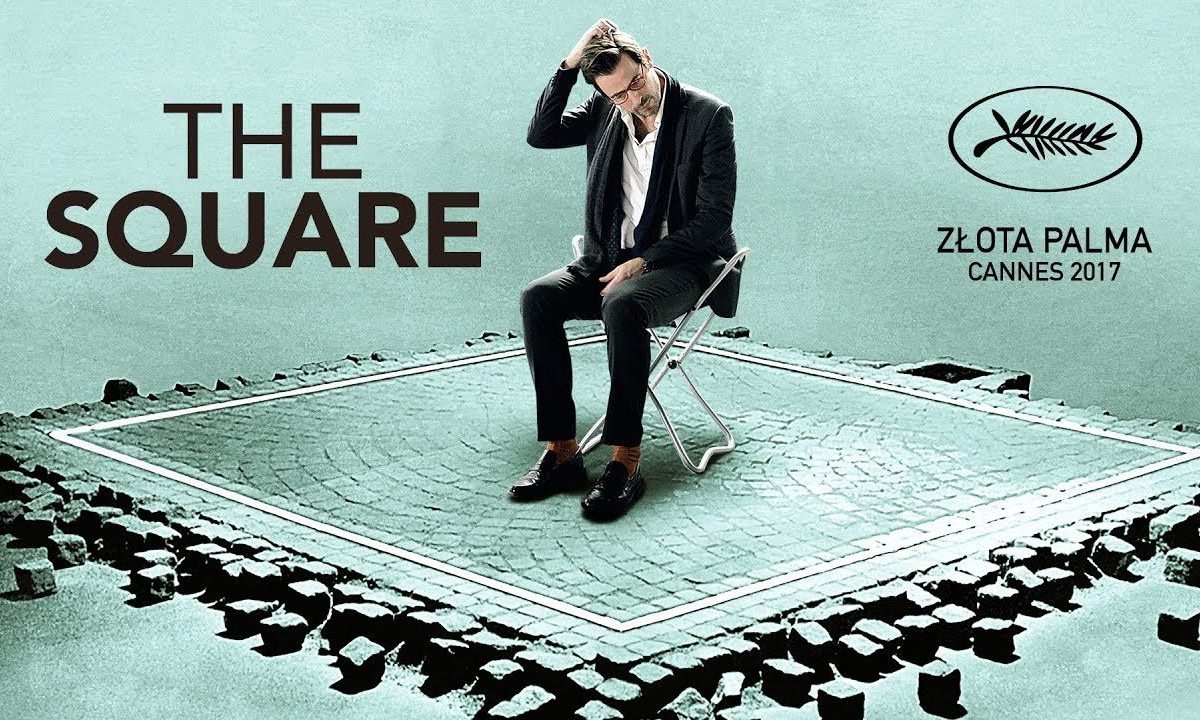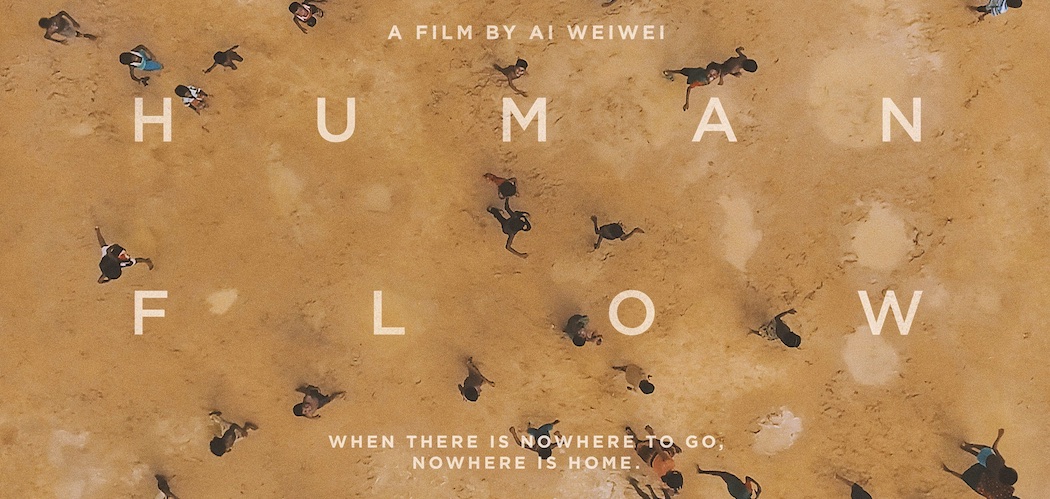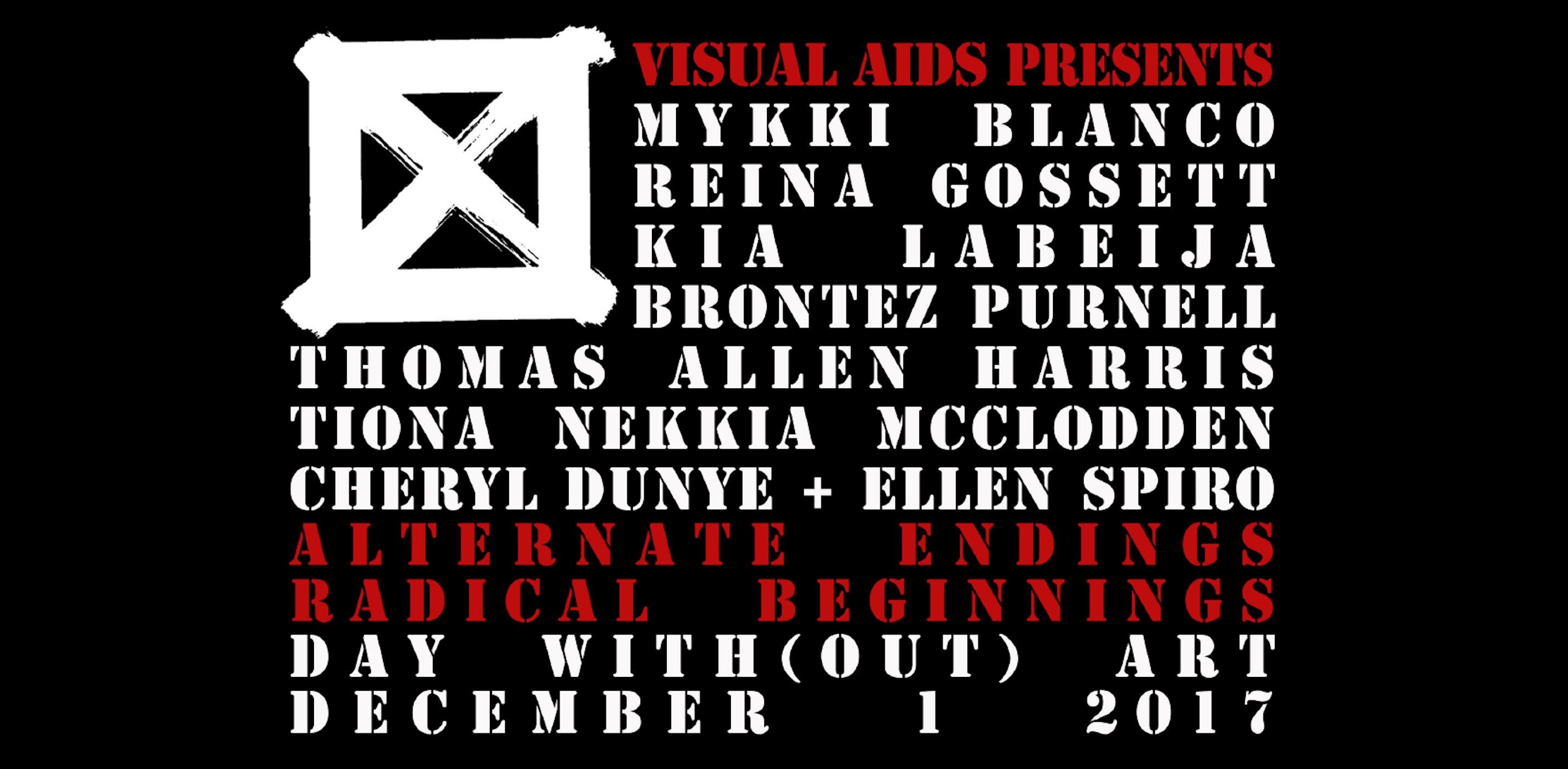In Valerie Hegarty’s American Berserk, the country is crumbling.
Hegarty unseats classic Americana through her sculptures. A tree branch emerges from a gallery wall to spear a portrait of George Washington. Next to this less-than-subtle Pinocchio imagery, a nearby pair of ceramic topiaries—cut in the shape of our nation’s first president—are comical in their quietness.
For Hegarty, the rotting of fruits is a colorful affair. Cave-like apple cores are covered by bright red skins, splayed-out bananas writhe into tongue shapes, and watermelons are twisted into disconcerting smiles.
As ceramic conch shells unfurl into picture frames, the paintings they reveal are distorted by their spirals. A window frame at the exhibition’s entrance is draped in floral-print cloth. Yet the fabric melts down the pane as the rickety wood splits into pieces. Hegarty insists that America be viewed in all its misshapen glory.
American Berserk is on view at the Institute for Humanities Common Room until December 21st.






